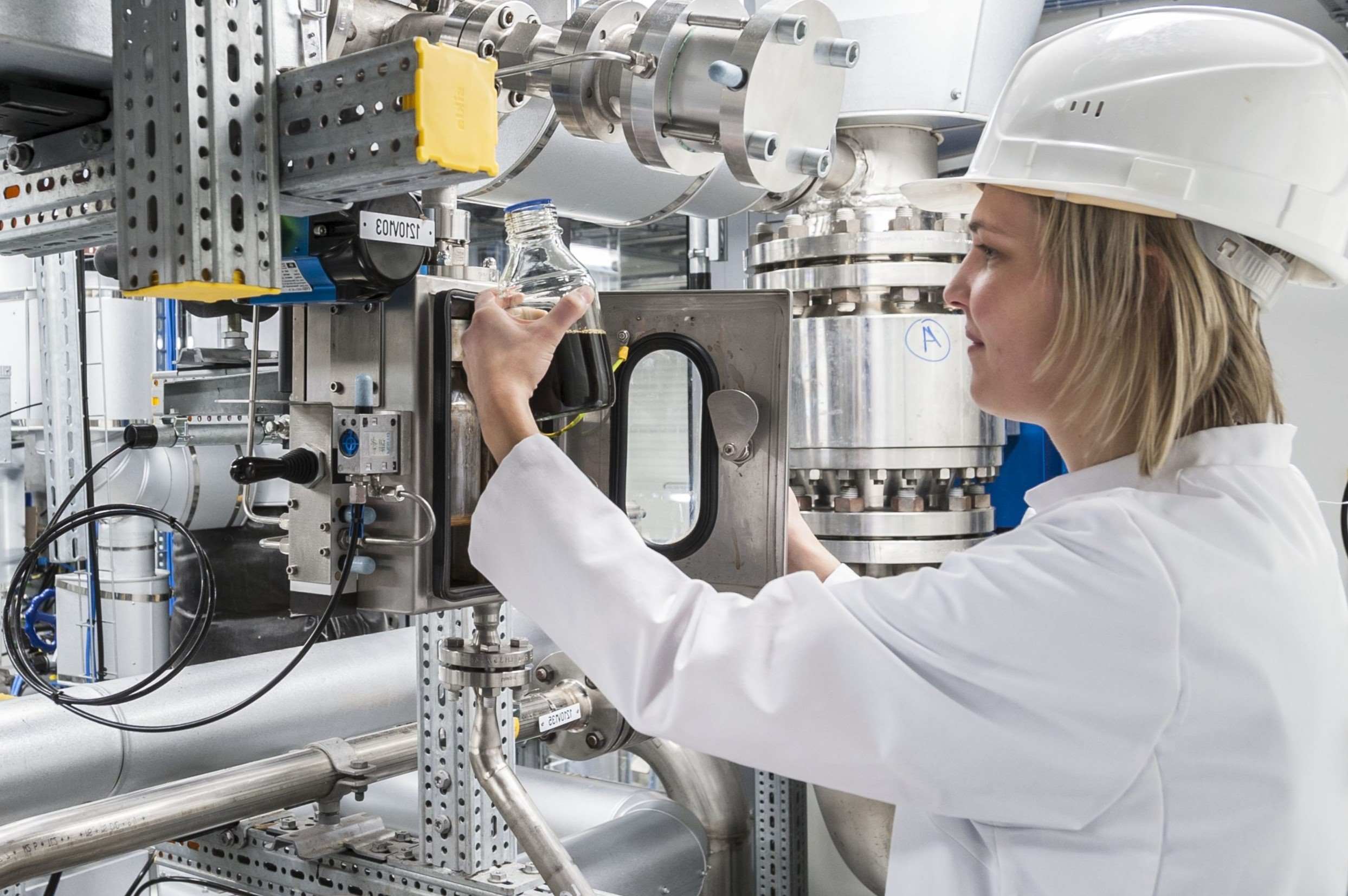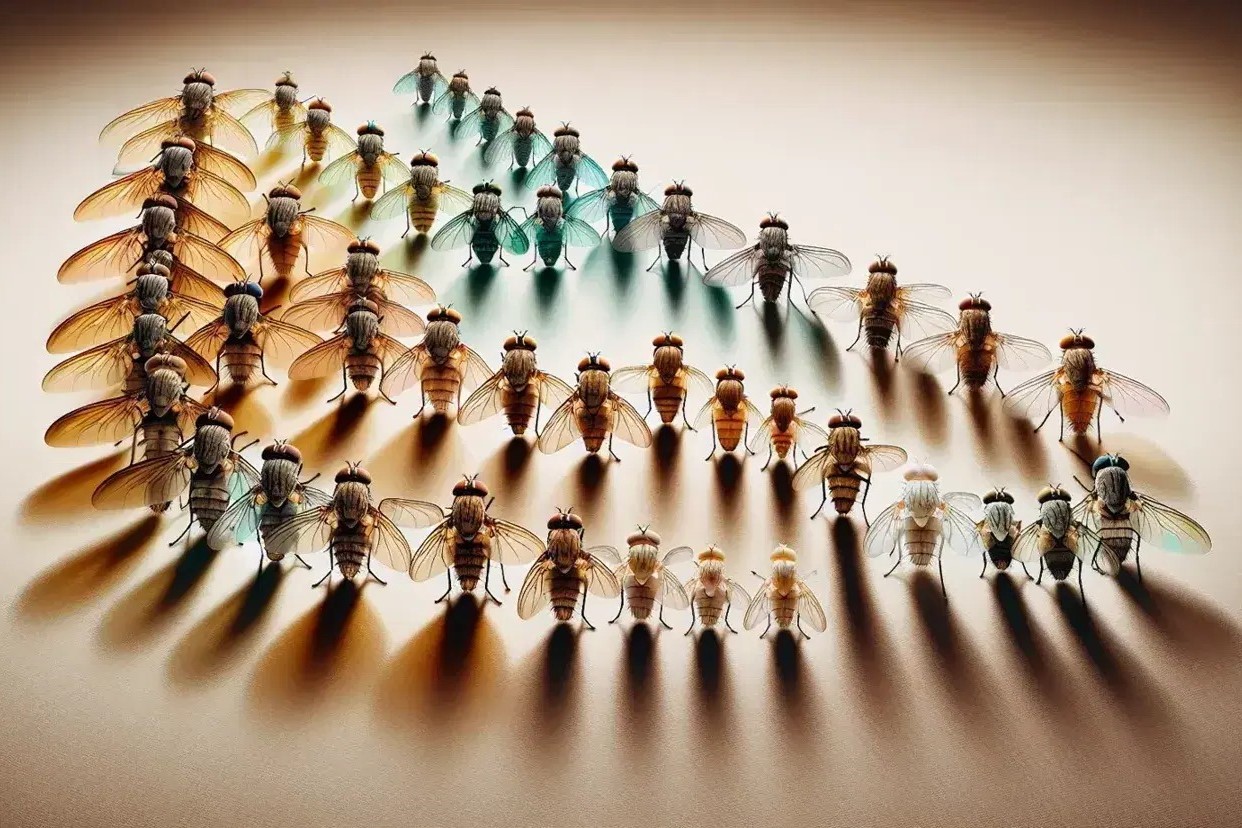
Industrial biotechnology is a game-changer in today's world. But what exactly is it? Industrial biotechnology uses living cells and enzymes to create products and processes that are more sustainable and efficient. This field touches everything from biofuels to biodegradable plastics, making it a hot topic for anyone interested in science and the environment. Imagine a world where waste is turned into valuable resources, or where factories run on renewable energy. That's the promise of industrial biotechnology. Ready to dive into some mind-blowing facts? Let's explore 26 fascinating tidbits that will make you see this field in a whole new light.
What is Industrial Biotechnology?
Industrial biotechnology uses living cells and enzymes to create products for various industries. This field merges biology with technology, leading to innovative solutions for manufacturing, energy, and environmental challenges. Here are some fascinating facts about this transformative field.
-
Industrial biotechnology is also known as white biotechnology. It focuses on using biological processes for industrial purposes, unlike red (medical) or green (agricultural) biotechnology.
-
Enzymes play a crucial role in industrial biotechnology. These proteins speed up chemical reactions, making processes more efficient and environmentally friendly.
-
Biofuels are a significant product of industrial biotechnology. Ethanol and biodiesel are created from renewable resources like corn and soybeans, reducing reliance on fossil fuels.
-
Bioplastics are another innovation. Made from renewable biomass sources, these plastics are biodegradable and reduce plastic pollution.
-
Industrial biotechnology helps in waste management. Microorganisms break down waste materials, converting them into useful products like biogas.
Applications in Various Industries
Industrial biotechnology impacts numerous sectors, from textiles to pharmaceuticals. Each industry benefits uniquely from biotechnological advancements.
-
In the textile industry, enzymes are used to process fabrics. This reduces the need for harsh chemicals and lowers water consumption.
-
The pharmaceutical industry uses biotechnology to produce antibiotics, vaccines, and other drugs. This ensures higher purity and effectiveness.
-
Food and beverage industries rely on biotechnology for fermentation processes. Yeast and bacteria help produce bread, beer, yogurt, and more.
-
Biotechnology is crucial in agriculture. It helps develop bio-based fertilizers and pest control methods, promoting sustainable farming.
-
The paper industry uses enzymes to bleach and pulp paper. This reduces the environmental impact compared to traditional chemical methods.
Environmental Benefits
Industrial biotechnology offers significant environmental advantages, making processes more sustainable and reducing pollution.
-
Bioremediation uses microorganisms to clean up contaminated environments. This includes oil spills, heavy metals, and other pollutants.
-
Industrial biotechnology reduces greenhouse gas emissions. Bio-based processes often produce fewer emissions than traditional methods.
-
Water usage is minimized in biotechnological processes. Enzymes and microorganisms often require less water than chemical processes.
-
Renewable resources are a cornerstone of industrial biotechnology. Using plants and other renewable materials reduces dependence on non-renewable resources.
-
Waste products from industrial biotechnology can be repurposed. For example, leftover biomass from biofuel production can be used as animal feed.
Economic Impact
The economic implications of industrial biotechnology are vast, creating jobs and driving innovation.
-
The biotechnology sector is a significant employer. It provides jobs in research, manufacturing, and environmental management.
-
Industrial biotechnology drives innovation. New products and processes are continually developed, keeping industries competitive.
-
Cost savings are a benefit of industrial biotechnology. More efficient processes and reduced waste lead to lower production costs.
-
Biotechnology can revitalize traditional industries. By integrating biotechnological methods, older industries can become more sustainable and efficient.
-
Investment in biotechnology is growing. Governments and private investors recognize its potential and are funding research and development.
Future Prospects
The future of industrial biotechnology is promising, with ongoing research and new applications emerging.
-
Synthetic biology is a growing field. It involves designing and constructing new biological parts, devices, and systems.
-
Advances in genetic engineering are enhancing industrial biotechnology. Modified organisms can produce higher yields and more efficient processes.
-
Industrial biotechnology is exploring new materials. Innovations like spider silk and bio-based composites have potential applications in various industries.
-
Personalized medicine is benefiting from biotechnology. Tailored treatments based on individual genetic profiles are becoming more common.
-
The circular economy is supported by industrial biotechnology. This approach focuses on recycling and reusing materials, reducing waste.
-
Collaboration is key to the future of industrial biotechnology. Partnerships between academia, industry, and government are driving progress and innovation.
The Power of Industrial Biotechnology
Industrial biotechnology is transforming industries by making processes more efficient and sustainable. From biofuels to bioplastics, it’s clear this field holds immense potential. Companies are leveraging microorganisms and enzymes to create products that are not only eco-friendly but also cost-effective. This technology reduces waste, lowers greenhouse gas emissions, and conserves resources.
Pharmaceuticals and agriculture are also benefiting, with advancements leading to better medicines and more resilient crops. The integration of genetic engineering and synthetic biology is pushing boundaries, offering solutions to some of the world’s most pressing problems.
As research continues, expect even more innovative applications. Industrial biotechnology isn’t just a trend; it’s a crucial part of our future. Embracing these advancements can lead to a healthier planet and a more sustainable economy.
Was this page helpful?
Our commitment to delivering trustworthy and engaging content is at the heart of what we do. Each fact on our site is contributed by real users like you, bringing a wealth of diverse insights and information. To ensure the highest standards of accuracy and reliability, our dedicated editors meticulously review each submission. This process guarantees that the facts we share are not only fascinating but also credible. Trust in our commitment to quality and authenticity as you explore and learn with us.


